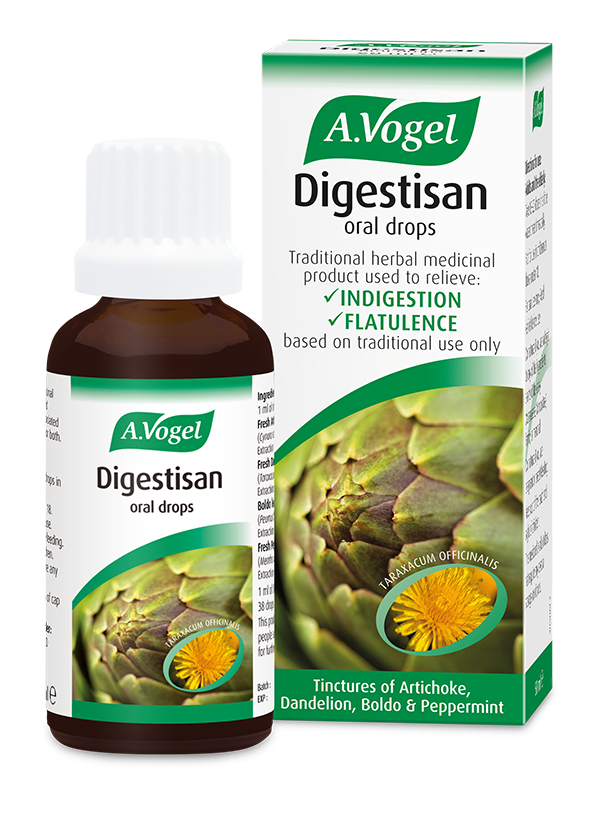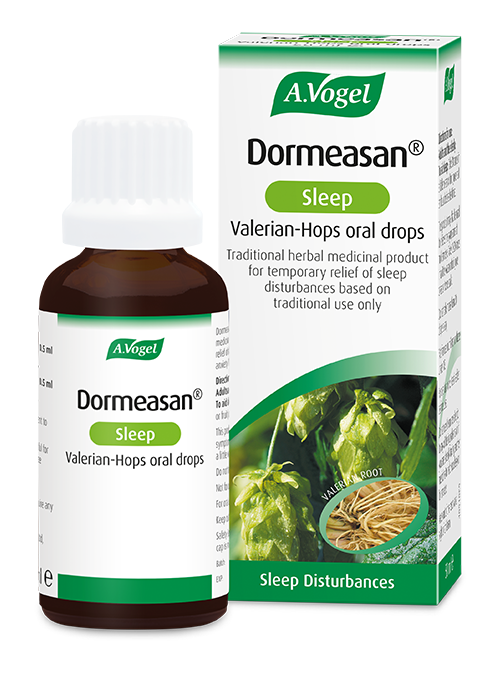Sleep and immune function are a two-way street.
They interact and affect each other. Think of how poorly you sleep when you have a cold, and how regularly we catch the flu or develop a cold sore when we are not sleeping well. Instinctively, we know they are linked. Let's find out how and why.
Research
Research shows that sleep actually helps our bodies to create the immune cells we need to fight off pathogens. For example, one study found that interleukin-7 (IL-7) concentration in the blood increased significantly during sleep. IL-7 helps to create immune cells such as T cells and B cells.
Another study found that sleep helps to shift the balance of IL-10 and IL-12 (both involved in the regulation of the immune system and development of immune cells) to 'increase the efficacy of adaptive immune responses around the body'.
"Sleep is the remedy we cannot do without" Alfred Vogel
Oh no! I don’t sleep well – am I leaving myself open to illness?
First things first; stressing about not sleeping will not help you sleep and in turn won't help your immune system. So, while sleep and rest are important to keep you healthy and free from illness, being low-stress is just as important. Take a deep breath and remember that your body has got this. It knows what to do. Let's give it a helping hand in the right direction by improving your resting and sleeping habits.
Daytime habits affect your sleep-time
Don't imagine that your sleep routine begins 10 minutes before you put your p.js on. If you are serious about improving your sleep, it ought to be a priority throughout the day. Small changes to your daily habits will make a huge difference to how you sleep at night:
- Drinks– The things you drink throughout the day can have a big impact on your nervous system. Caffeine stimulates the nervous system and stays in your system for hours after you ingest it. Make and stick to a caffeine cut-off point so it doesn't affect your sleep. I would advise no later than 3pm, or midday if you are struggling to sleep. This includes caffeinated soda drinks and green or black tea. Even some dark chocolate contains high levels of caffeine. Alcohol might seem like a good idea for its relaxing effect, but it negatively impacts your REM (rapid eye movement) sleep; so, try to avoid alcoholic night caps!
| Tip – after your caffeine cut- off point switch caffeine for a chamomile tea or a coffee alternative like bambu drink. |
- Meals/Mealtimes – Eating late at night can impact your ability to sleep, especially if your dinner is high in fat. Switch your main meal to lunchtime and have light dinners instead.
- Exercise – Those active throughout the day are less likely to have sleep problems. That said, if you take vigorous exercise too late in the evening it can be over-stimulating and result in lack of sleep. Stretching or walking are gentle evening exercise options.
Rest during the day
Where does your daytime life fall on a scale of 1 – tear-your-hair-out-stressed? If you are at the latter end of the scale, think of ways you can slip some quality rest into your day. This doesn't mean scrolling on a screen or watching the news. While these activities seem like downtime, they don't allow our nervous systems to switch off. In fact, they often make us more stressed than we were to begin with.
Bedtime routine is important
I'm not suggesting you implement an elaborate bedtime routine compromised of baby doves dropping bouquets of lavender onto your pillow and singing you to sleep. The simplicity of having a bedtime routine that you stick to every night can be enough to help regulate your sleep cycle.
| Tip - choose a time that you will go to bed most nights and commit to it. Plan the activities you will do before bed: brush your teeth, switch off electronics (blue lights from phones keep you awake so make this happen early), dim the lights and read a book. These simple things, done regularly will let your body know it is time for sleep. |
Bedroom atmosphere
Again, this doesn't need to be elaborate. No need for silk sheets or chandeliers. A comfy mattress is important though, and clean sheets can help too. Make sure your bedroom is dark at night. Investing in blackout blinds or an eye mask could be a good idea if this is an issue. The temperature in your room is also important. To fall into a deep sleep our core temperature needs to decrease, so you don't want your bedroom to be too warm.
My Self-Care Tip: 3 Things to Keep By Your Bed To Help You Sleep
Check out my self-care video for 3 bedside table sleep hacks that always work for me:
If you wake during the night
If you wake during the night, the main thing is not to panic. Take your focus away from falling back to sleep or watching the clock and definitely don't stare at a screen. Keep lighting dimmed and try 4, 7, and 8 breathing. Breathe in for the count of 4, hold for 7, and breathe out for 8.
References:
https://www.ncbi.nlm.nih.gov/pmc/articles/PMC3256323/
https://www.ncbi.nlm.nih.gov/pmc/articles/PMC5768894/











